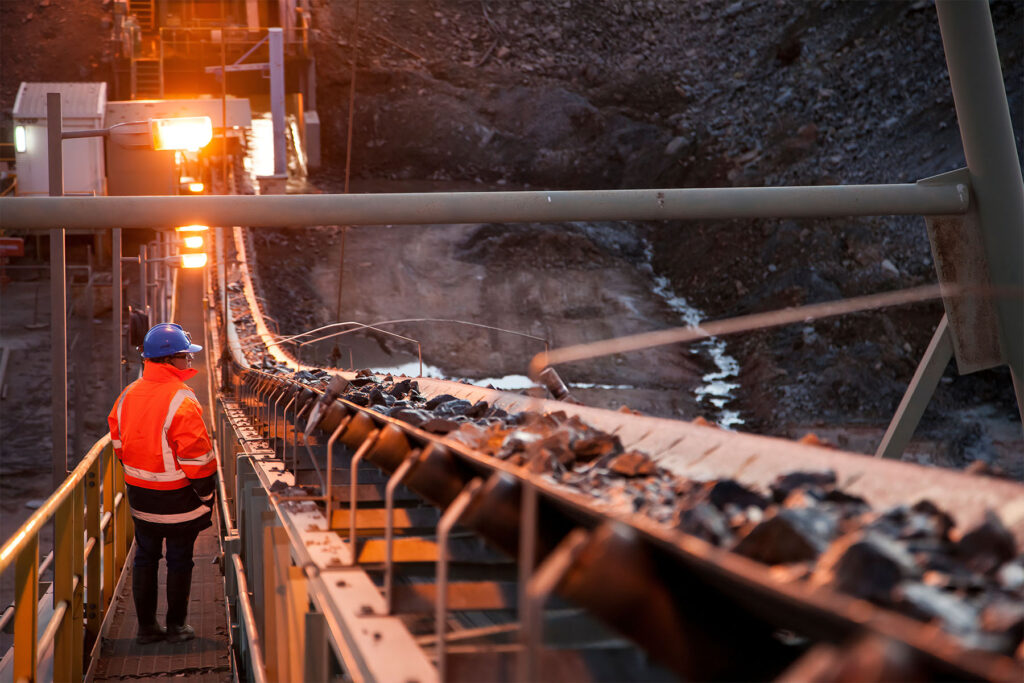Whether you’re investing in a major greenfield development, or building a new process plant, keeping costs down, and reducing your project management burden is essential. So, when it comes to recruiting the right technical and executive talent for the project, what’s the best approach? Do you manage it in-house or bring in an external recruitment team?
You need to consider a range of factors when it comes to recruiting large teams: fee structure, process control, communication, and flexibility. In this article, we dive into Recruitment Process Outsourcing (RPO) and look at whether it should be part of your company’s operations.
What is RPO?
In the simplest terms, RPO is when you outsource all or part of your company’s recruitment operations.
RPO arrangements differ for each company and its individual needs, but they can involve:
- Support for the entire recruitment process, allowing you to focus on other aspects of your work
- Support alongside your internal recruitment staff, augmenting and supporting your efforts
- Support embedded in your ‘business as usual’ recruitment operations
- Support on specific projects, giving you the agility you need to scale quickly
Read here for a more detailed outline of the structure of RPO’s.
Now we understand what it is: Is RPO the right fit for your business?
Does size matter?
RPO has become increasingly popular with large and mid-tier miners in recent years. Companies like Newcrest, Anglo American, and Glencore have used RPO to place large numbers of candidates in their operations globally.
But according to Brett MacDonald, COO at Globe 24-7, recently there’s been increasing interest from junior miners for RPO services.
“It’s common when mine sites need to ramp up headcount quickly to support expansion projects, structural change, or business growth. So, it’s actually perfect for junior miners,” says Brett.
The ability to scale quickly
Many internal HR teams still work reactively, responding to demands as they arise. When this is the case, your ability to scale is limited, and your candidate selection is generally restricted to those you can reach within the recruitment timeframe.
When your business depends on attracting the best talent in a competitive market, recruiting on demand is simply too late. In this situation, you need a recruiter that’s in touch with the talent you need, even before you know you need them.
“A good RPO recruitment firm will bring you a proactive market position. They are always in the market, mapping and deepening talent pools, and nurturing relationships with the highly specialised people their clients need. And, all the while representing their employer brand in their target markets,” says Brett.
Access to difficult-to-hire talent
Mining roles can be highly specialised. Often you’ll need to recruit people that have niche mining skill sets, and this can be hard to find. This is where an RPO arrangement can be particularly helpful if the recruitment firm has deep access to the mining and energy sectors.
On-demand access to talent brings cost savings
It might seem counterintuitive because there can be significant costs associated with an RPO arrangement, but having on-demand access to a higher calibre talent pool means you significantly reduce costs.
The recruitment process is time-consuming—and therefore costly—by definition. However, RPO allows you to remove the time and stress by bringing in specialist experience to:
- Review hundreds of applications, and identify needles in the haystack
- Schedule and conduct screening calls to rule out unsuitable applicants
- Focus on the qualified candidates who should move forward
- Coordinate interviews across multiple locations
- Negotiate offers
When your HR team’s time is spent only on the highest-impact parts of the recruitment process, it allows them to be more effective in other aspects of their job.
What’s the cost of a bad hire?
While cost estimates for a bad hire vary, there’s a general consensus that it’s at least 30% of the employee’s total remuneration.
By bringing recruitment in-house with an RPO arrangement, you can effectively manage the recruitment process from start to finish, minimise the financial, operational, and reputational risks of making a bad hire, all the while maintain compliance in an ever-changing regulatory climate.
The cost savings you make is enough in most cases to make the RPO decision an easy one.
So, is RPO the right fit for you and your projects? If you’re considering RPO, get in touch. Let us know what your recruitment challenges are and we’ll find the right recruitment option for your mine site.
Want to upskill yourself on RPO skills? Learn more about what it takes to become a successful RPO recruiter here.

